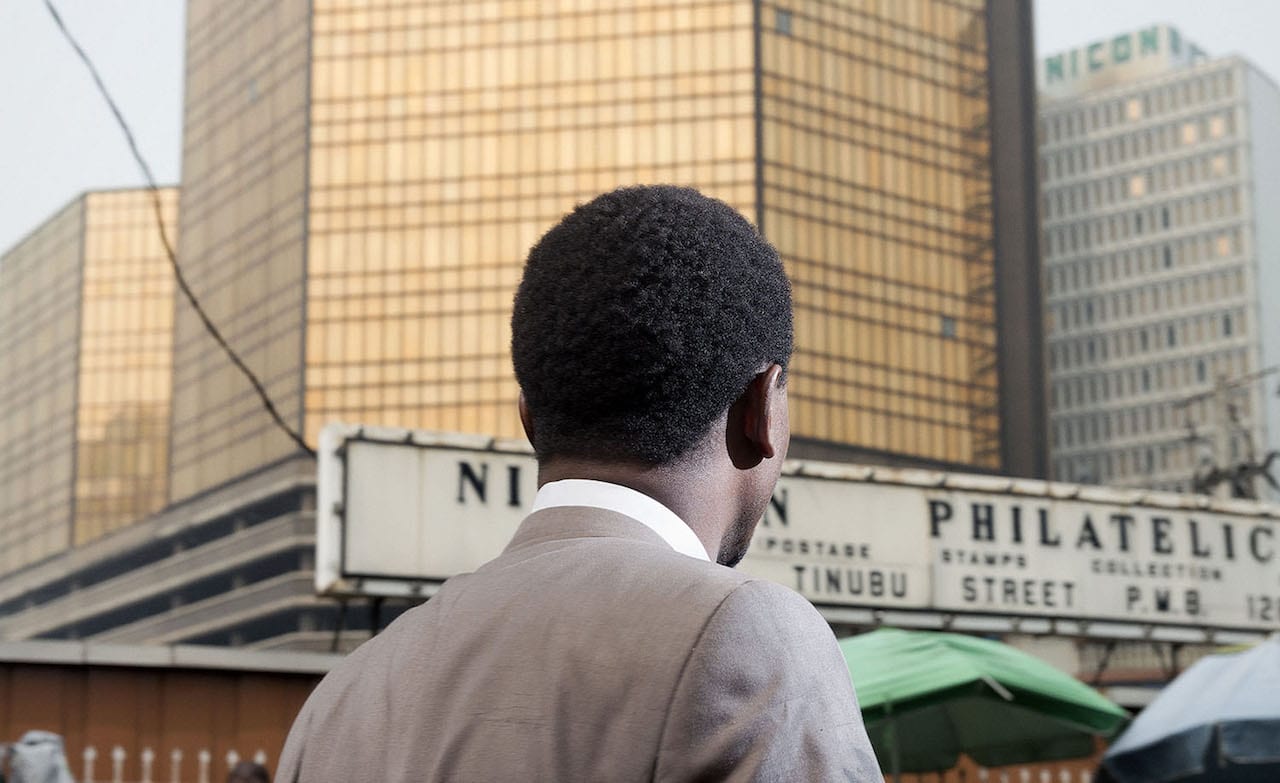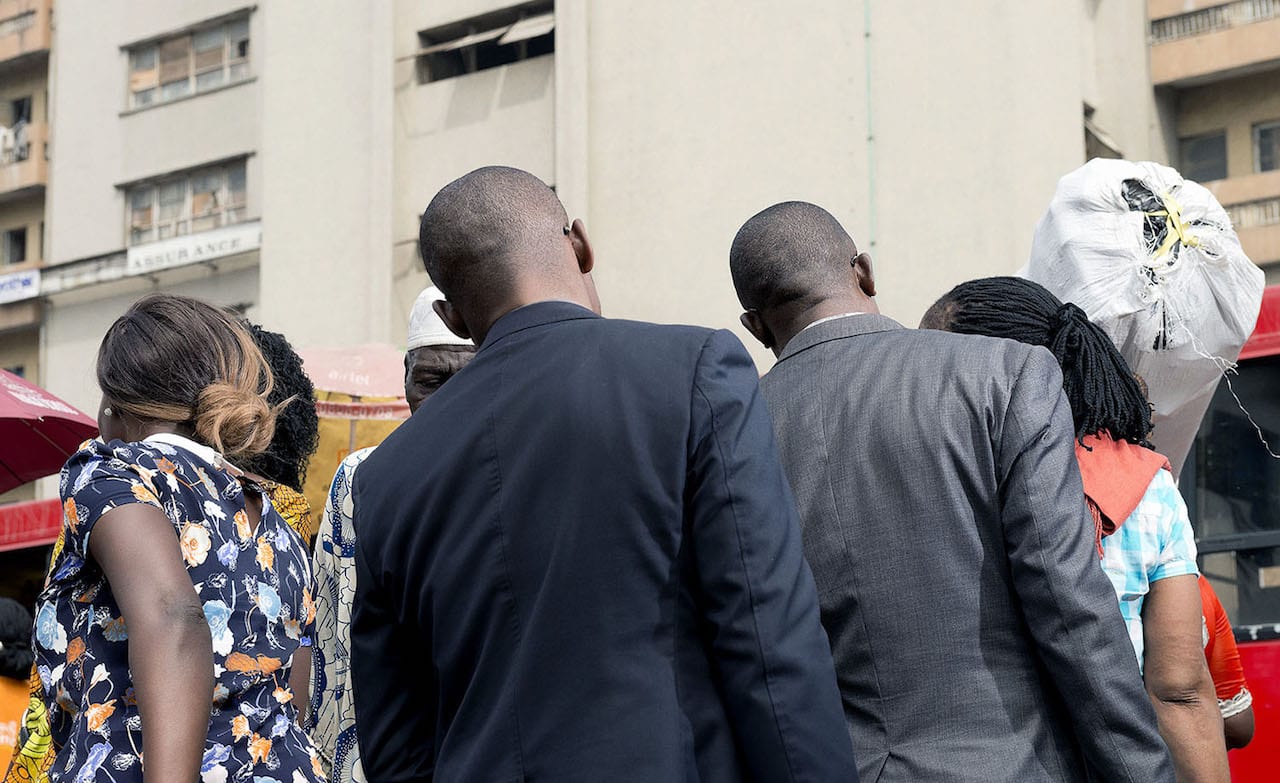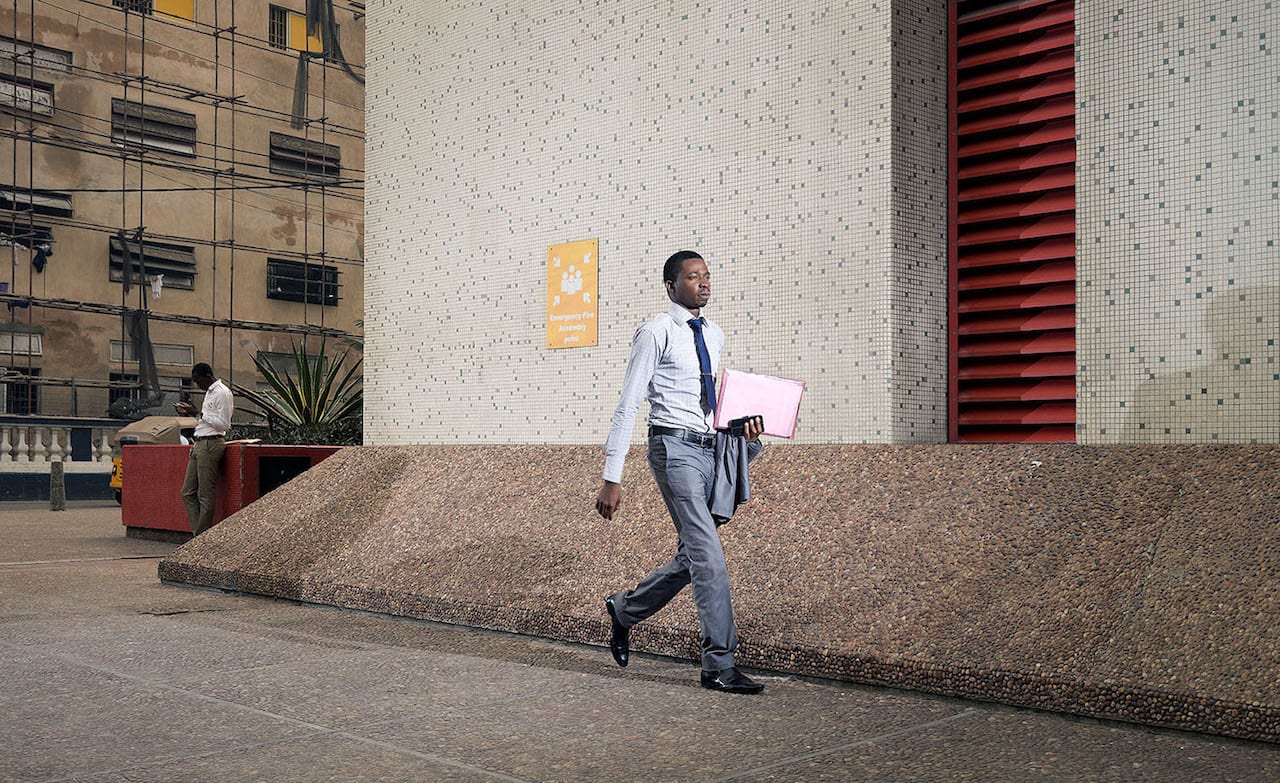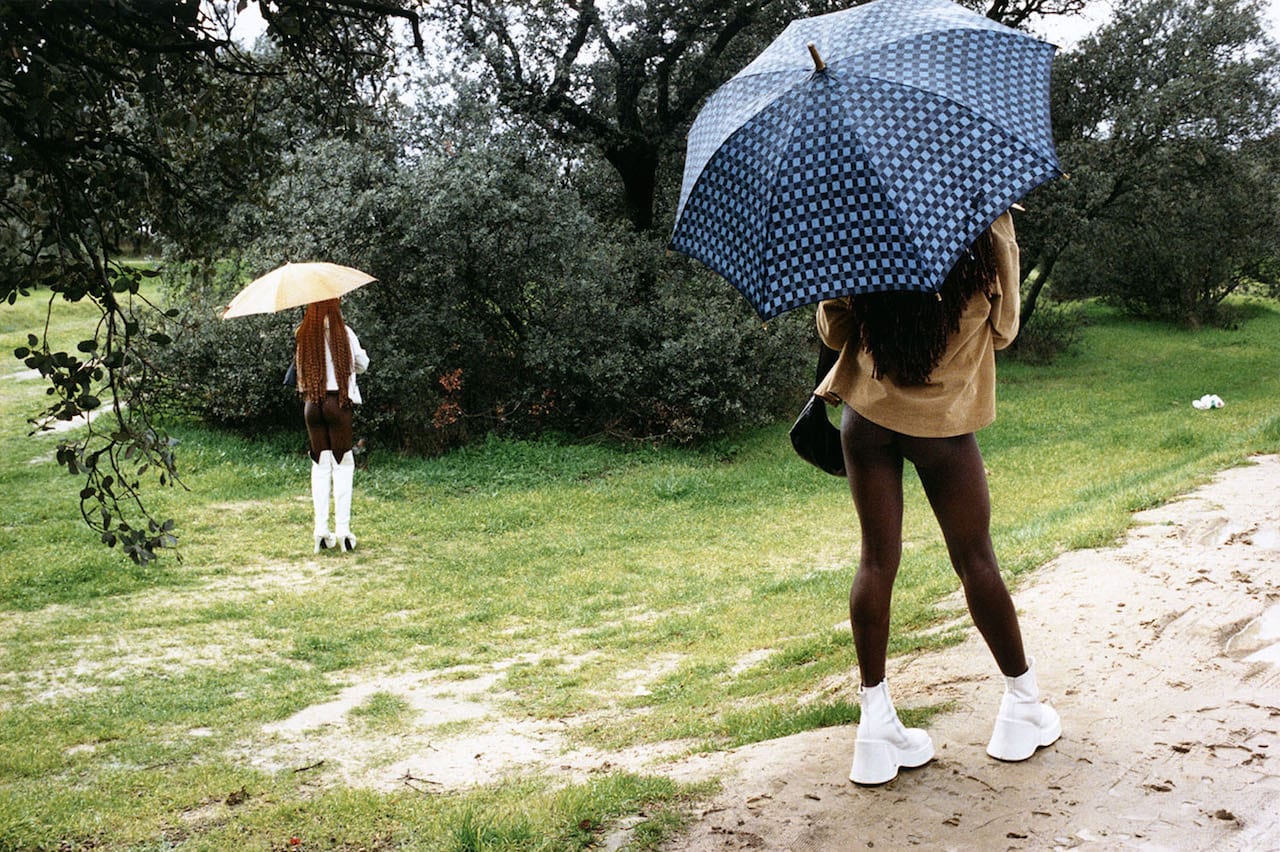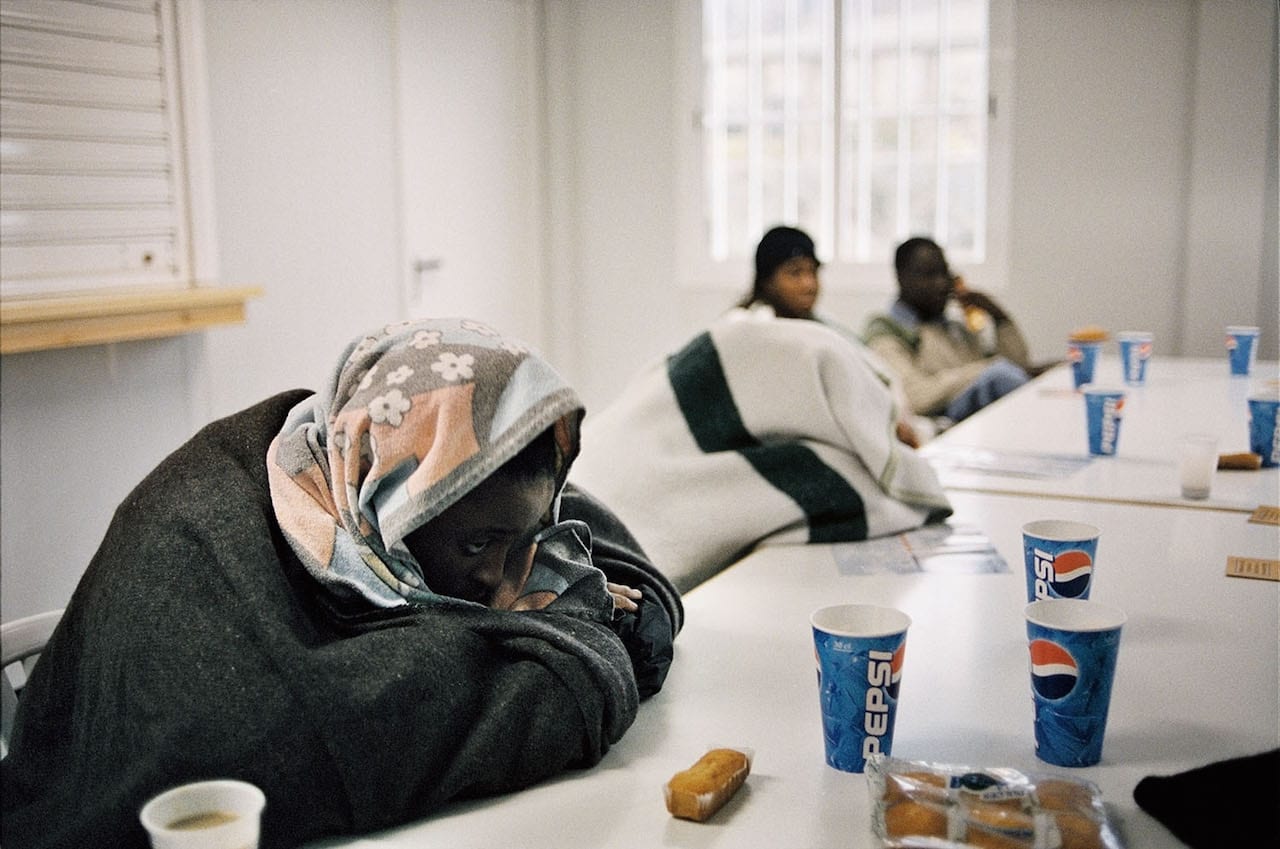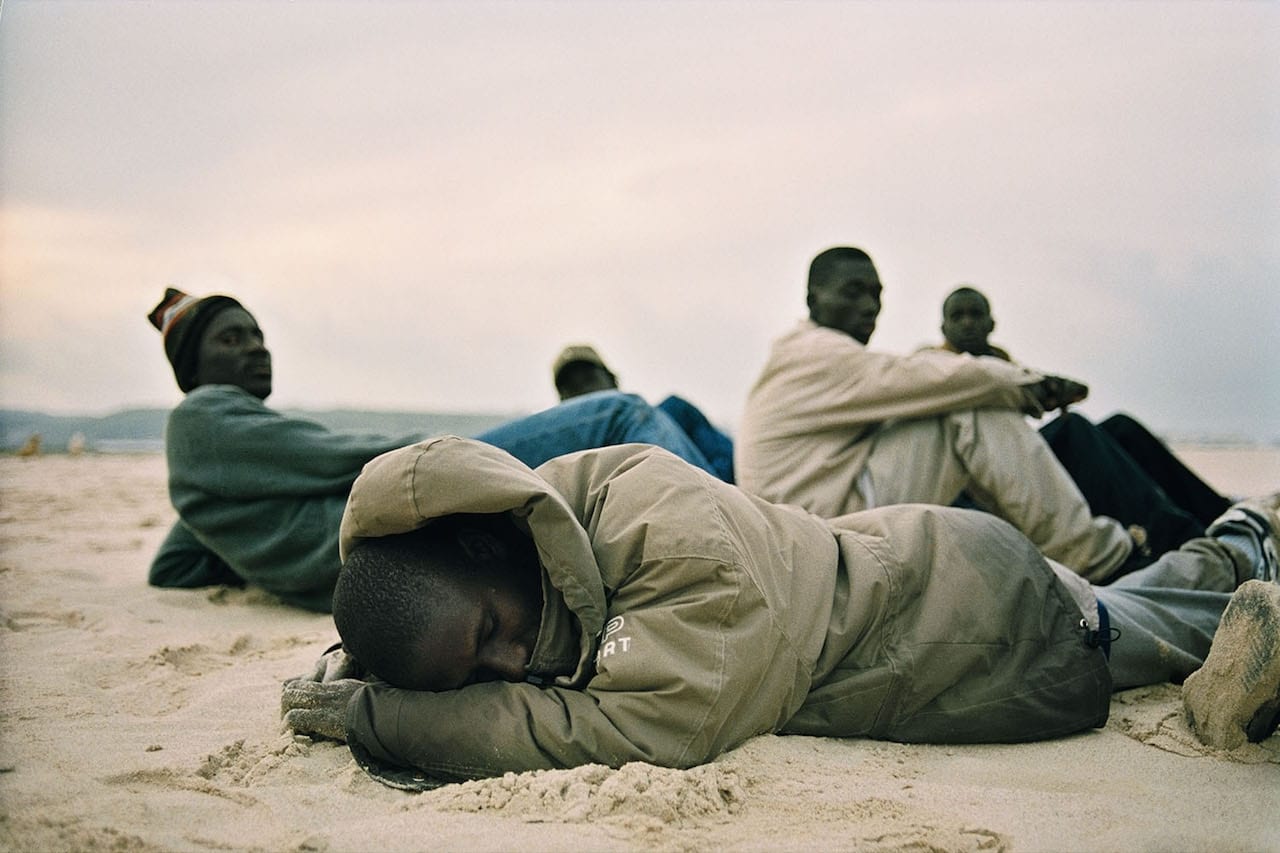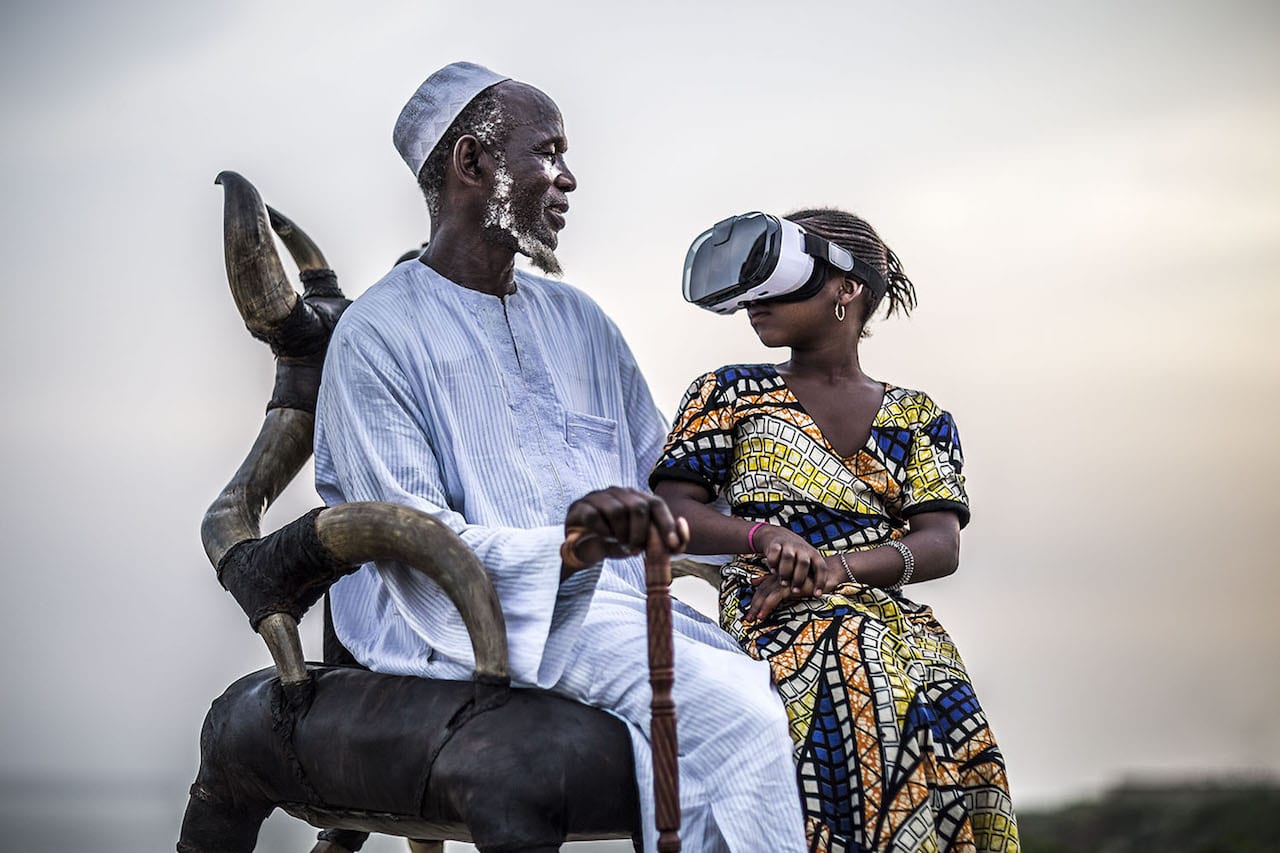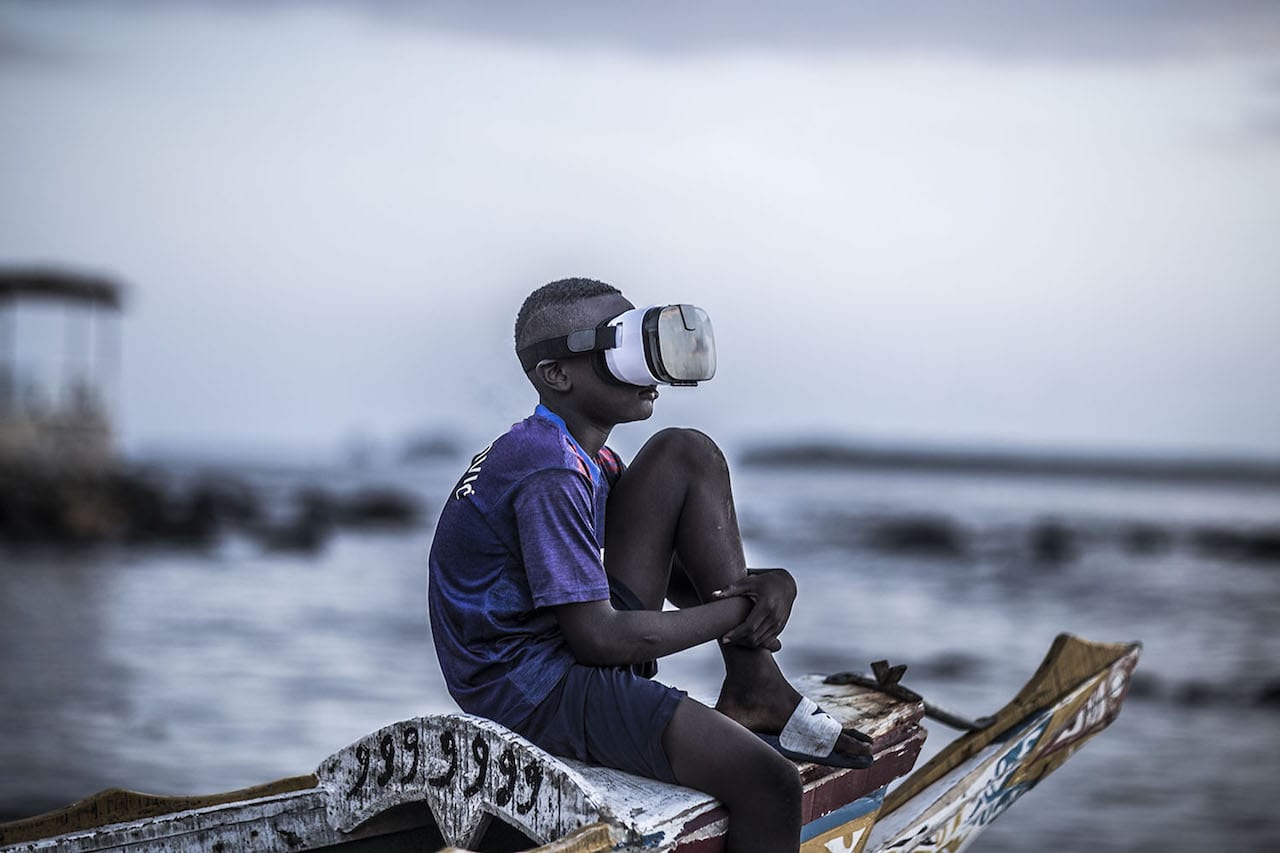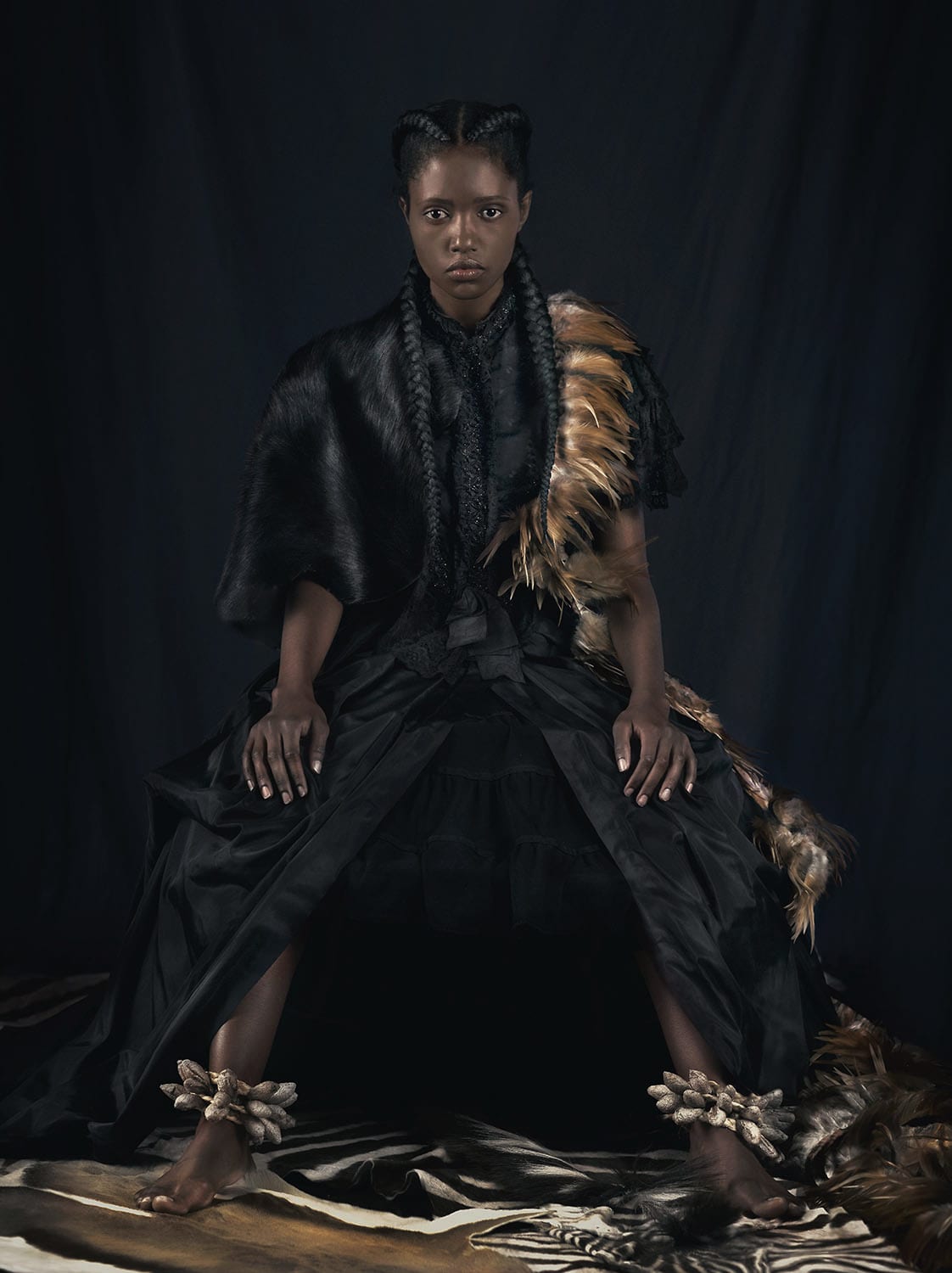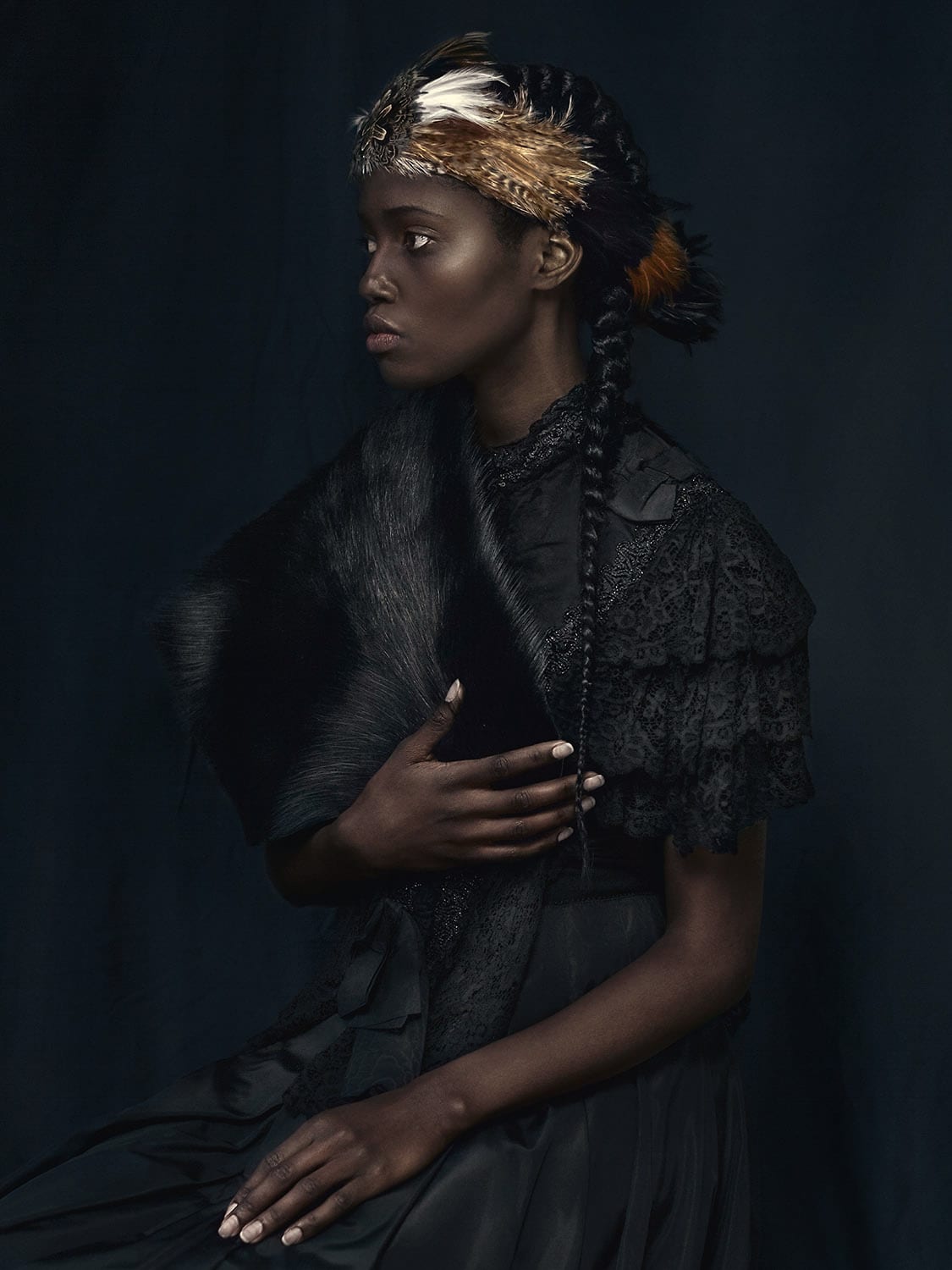“Over the last century a number of writers and thinkers have predicted our contemporary society’s information and knowledge quandary: Achebe, Flaubert, Huxley and Orwell being germane examples,” writes the team behind LagosPhoto Festival 2017. “With the improving affordability and influence of the print press Flaubert believed that newspapers were spreading idiocy and mental laziness. A combination he crystallised into one word — la bêtise.
“Flaubert railed against the situation where populations were told what to think and wore these received opinions like fashion to be displayed at every opportunity. Orwell was concerned that books would be banned and society would be deprived of information, but Huxley went further and was concerned that there would indeed be little reason to ban information for in the superfluity of information and saturation of falsehood the truth would be less palatable and more obscure such as to be irrelevant and unwelcome.
“Alternative facts are much preferred. With Achebe we are only assured in one essential truth: for the African we must find our own truth.”
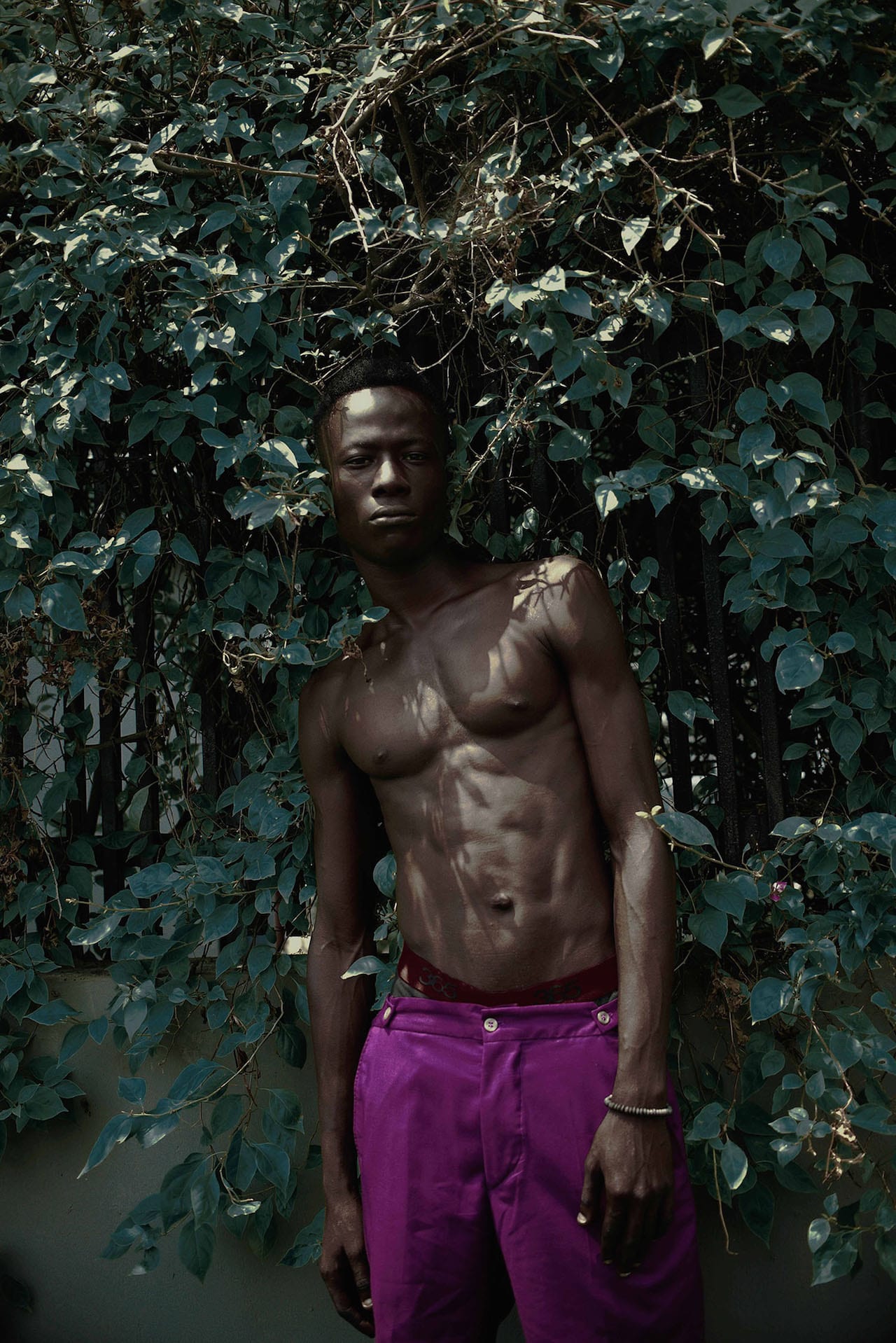
Daniel © Lubabetu Abubakar
Curated by Azu Nwagbogu, the festival is debuting new works such as Cristina De Middel’s Unknown Soldier, a tribute to the power of feminism and to Fumilayo Kuti by way of the tragic military invasion of Fela Kuti’s home, Kalakuta Republic, 40 years ago. The festival includes Western photographers whose work engages with Africa and its representation, and it also celebrates photographers from Africa or the African diaspora, including Nigerian photographers and image-makers with Nigerian heritage such as Lubabetu Abubakar, Kadara Enyeasi, Logor, Ruth Ossai, Nadine Ijewere, Seye Isikalu, and Eloghosa Osunde.
“Flaubert railed against the situation where populations were told what to think and wore these received opinions like fashion to be displayed at every opportunity. Orwell was concerned that books would be banned and society would be deprived of information, but Huxley went further and was concerned that there would indeed be little reason to ban information for in the superfluity of information and saturation of falsehood the truth would be less palatable and more obscure such as to be irrelevant and unwelcome.
“Alternative facts are much preferred. With Achebe we are only assured in one essential truth: for the African we must find our own truth.”

Curated by Azu Nwagbogu, the festival is debuting new works such as Cristina De Middel’s Unknown Soldier, a tribute to the power of feminism and to Fumilayo Kuti by way of the tragic military invasion of Fela Kuti’s home, Kalakuta Republic, 40 years ago. The festival includes Western photographers whose work engages with Africa and its representation, and it also celebrates photographers from Africa or the African diaspora, including Nigerian photographers and image-makers with Nigerian heritage such as Lubabetu Abubakar, Kadara Enyeasi, Logor, Ruth Ossai, Nadine Ijewere, Seye Isikalu, and Eloghosa Osunde.
Regimes of Truth, The 8th edition of LagosPhoto Festival, takes place from 24 November – 15 December. https://www.lagosphotofestival.com/
